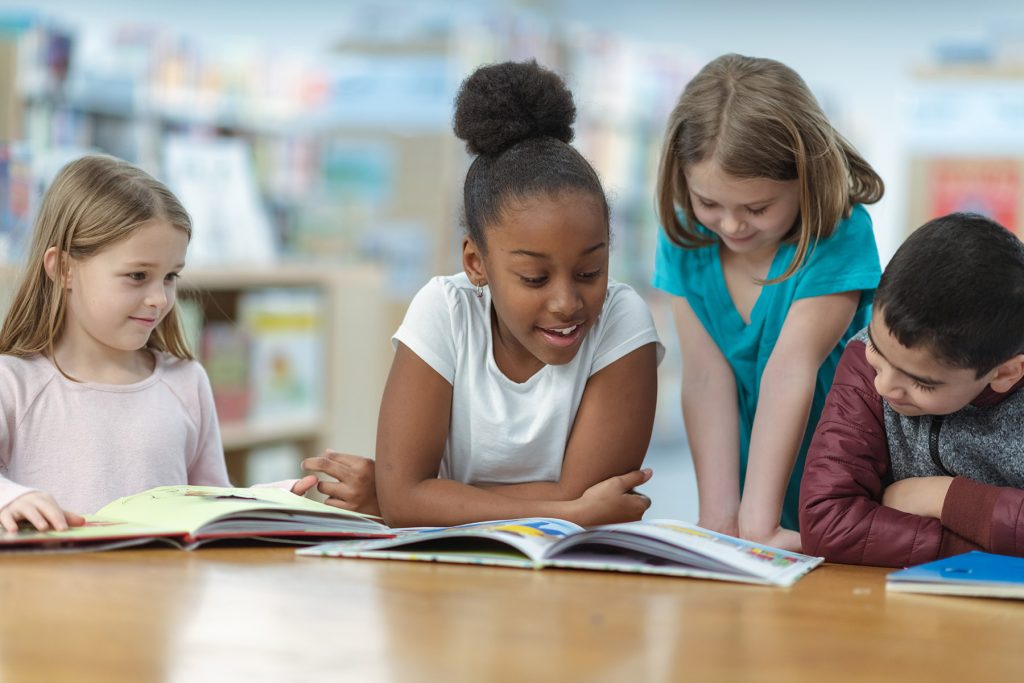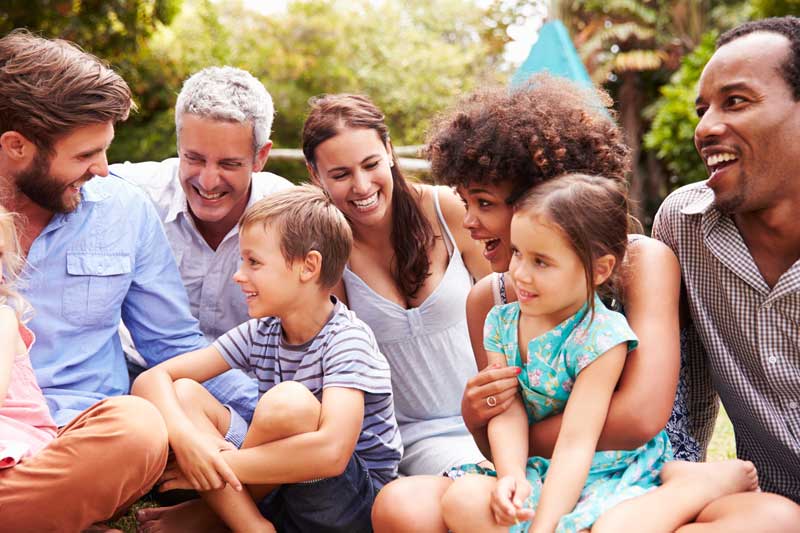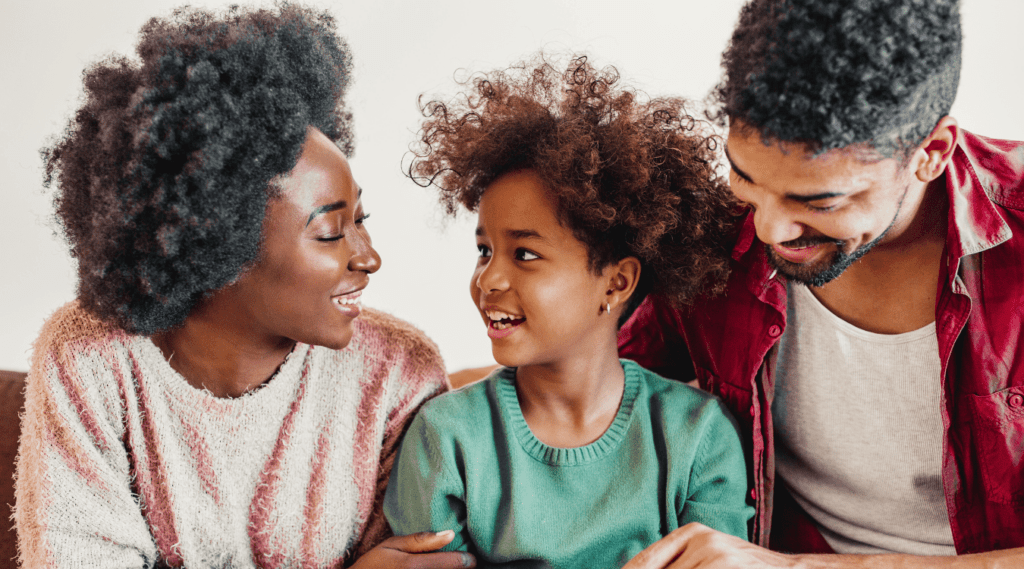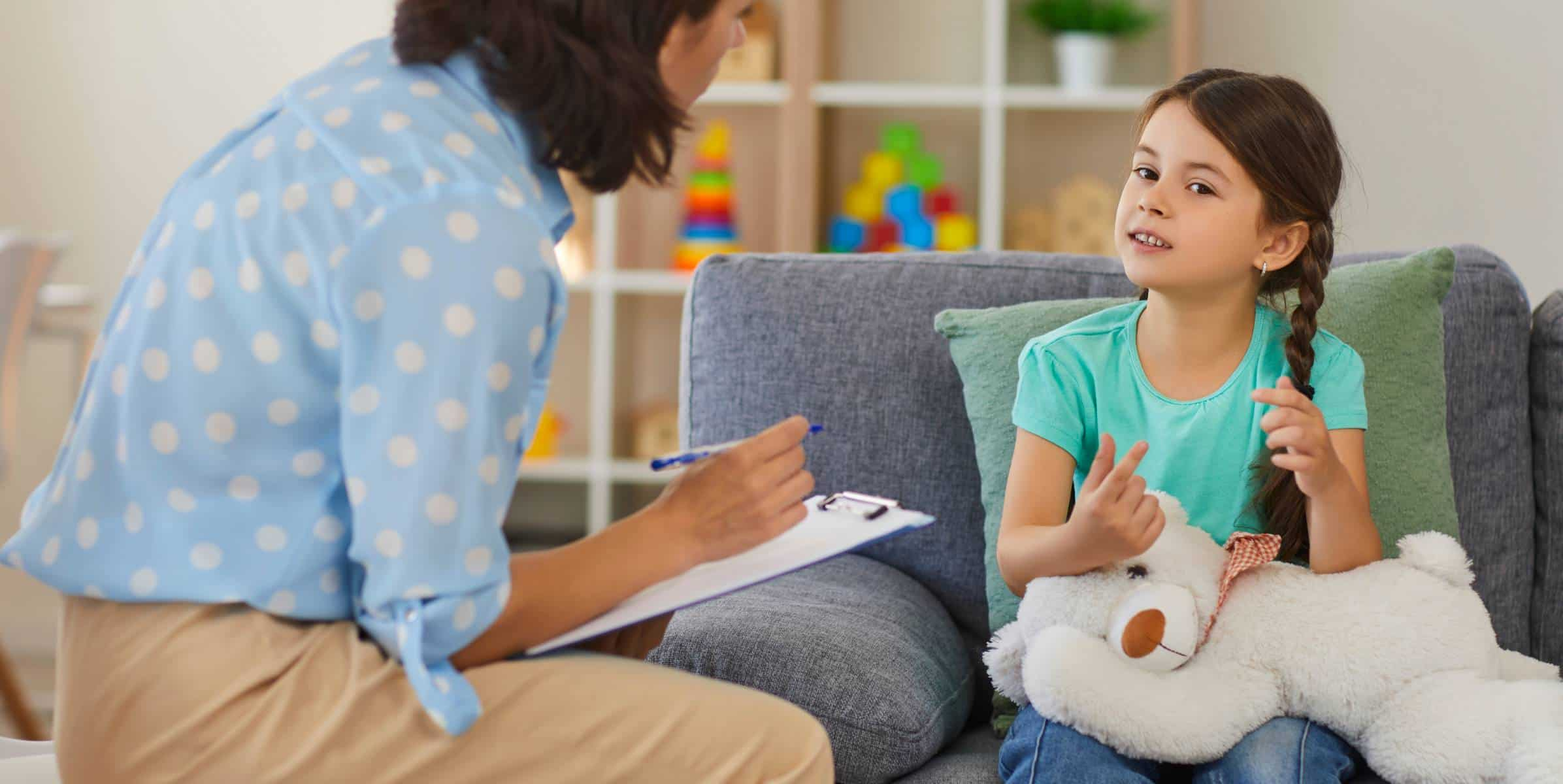Why Is Multicultural Parenting a Rewarding Challenge?
Nurturing multicultural parenting presents a tapestry of diverse perspectives and traditions, enriching your family dynamic with resilience and empathy. Balancing cultural identities and integrating new environments may feel overwhelming, but it fosters self-awareness and a sense of belonging in your children. This rewarding challenge molds children into adaptable, inclusive individuals ready to thrive in a diverse world. Celebrating diversity within your family strengthens bonds, enhances communication, and fosters a supportive environment where unique backgrounds are valued. Embracing multiculturalism can lead to higher family resilience, enriched experiences, and instilling positive values in your children.
Key Takeaways
- Enriches family life with diverse perspectives and traditions.
- Provides children with a more extensive worldview.
- Cultivates empathy and adaptability in children.
- Balances cultural identity and integration challenges.
- Strengthens family resilience and bonds through diversity.
Benefits of Multicultural Parenting

Embracing multicultural parenting can enrich your family life in numerous ways, fostering greater understanding and appreciation for diverse perspectives and traditions. When it comes to parenting styles, being open to different cultural approaches can offer a wider range of tools for raising well-rounded children.
By integrating various global perspectives into your parenting, you can provide your children with a more extensive worldview, preparing them to navigate an increasingly interconnected and diverse society.
Research suggests that multicultural parenting leads to children who are more adaptable and empathetic. Exposure to different cultural norms and practices can help instill tolerance and acceptance from a young age.
Understanding various parenting styles from around the world allows you to cherry-pick the most effective strategies for your family, creating a harmonious blend that caters to your unique needs. By embracing global perspectives, you not only enrich your children’s upbringing but also contribute to a more inclusive and understanding society.
Challenges Faced by Multicultural Parents

As a multicultural parent, you may find yourself managing the delicate balance of ensuring your child’s cultural identity while integrating into a new environment.
The challenges of maintaining cultural heritage amidst a melting pot of influences can be overwhelming.
Additionally, the language barrier may pose challenges in effective communication between family members and within the community.
Cultural Identity Struggles
Understanding the complexities of cultural identity can present significant challenges for multicultural parents, impacting not only their own sense of self but also influencing how they raise and nurture their children. Identity formation within a multicultural context can lead to generational conflicts, as parents may face difficulties in balancing their own cultural backgrounds with the societal expectations of their current environment.
Maneuvering traditions from different cultures can be particularly challenging, as parents endeavor to pass down customs and values while also adapting to the norms of a new society. Multicultural parents may find themselves torn between preserving their heritage and encouraging their children to assimilate into the dominant culture. This internal conflict can create a sense of confusion and uncertainty, as they attempt to find a middle ground that allows their children to embrace their roots while also thriving in their present reality.
It’s essential for multicultural parents to engage in open dialogue with their children, acknowledging the complexities of cultural identity and fostering an environment where diversity is celebrated rather than seen as a source of conflict.
Language Barrier Communication
Traversing the complexities of cultural identity struggles can often intersect with the challenges of language barrier communication for multicultural parents, adding another layer of difficulty to the parenting journey.
Cultural traditions play a significant role in shaping family dynamics and values, but when these traditions are rooted in languages that may not be the primary language spoken in the country of residence, effective communication can become strained. Multicultural parents often find themselves grappling with how to pass down these cultural traditions to their children while maneuvering the language barriers that exist within their own households.
However, it’s important to recognize that overcoming language barriers can also offer unique opportunities. Research has shown that bilingualism provides cognitive benefits, such as enhanced problem-solving skills and greater cultural awareness.
Embracing the bilingual advantage can empower multicultural parents to view language barriers not just as obstacles but as pathways to enriching their children’s linguistic and cultural development. By fostering a supportive environment that values and celebrates multilingualism, multicultural parents can turn language barrier communication challenges into opportunities for growth and connection within their families.
Cultural Identity Development in Children

Exploring the complexities of cultural identity development in children can be both enriching and challenging for parents who are working to foster a strong sense of self-awareness and belonging in their young ones. Identity formation and cultural integration play pivotal roles in shaping how children perceive themselves and relate to the world around them.
Encouraging heritage appreciation and managing cross-cultural relationships are essential components in this journey. Children raised in multicultural environments often face unique challenges as they navigate between different cultural norms, languages, and traditions. Parents play an essential role in helping their children develop a sense of belonging and understanding of their cultural heritage while also fostering an appreciation for diversity.
Research suggests that children who’ve a strong sense of cultural identity exhibit higher self-esteem, resilience, and empathy towards others. By engaging in open discussions, celebrating cultural holidays, and exposing children to diverse perspectives, parents can help nurture a positive sense of self and belonging in their children, ultimately preparing them for a more interconnected and inclusive world.
Building Empathy and Understanding
Understanding the complexities of cultural identity development in children often leads parents to prioritize fostering empathy and understanding as integral aspects of their upbringing. By fostering compassion and promoting tolerance, parents can help their children navigate the intricacies of cross-cultural relationships with grace and respect. Research suggests that children raised in multicultural environments tend to exhibit higher levels of empathy and understanding towards others’ perspectives.
Encouraging cultural awareness from a young age can help children appreciate diversity and recognize the beauty in differences. Engaging in activities that expose children to various cultures, traditions, and beliefs can broaden their worldview and nurture a sense of inclusivity. By actively promoting tolerance, parents can instill in their children the value of respecting others’ backgrounds and perspectives.
Building empathy and understanding in children not only enhances their interpersonal relationships but also equips them with essential skills for thriving in an increasingly diverse world. Embracing multiculturalism within the family dynamic fosters a sense of unity and acceptance, laying the foundation for a more compassionate and harmonious society.
Celebrating Diversity in Family Life

Embracing and celebrating diversity within your family life cultivates a rich tapestry of experiences and perspectives. Incorporating cultural celebrations and family traditions not only strengthens your familial bonds but also nurtures a sense of pride and belonging among family members.
Research indicates that families who engage in celebrating diversity often have higher levels of communication, empathy, and understanding among each other.
Participating in cultural celebrations provides an opportunity for family members to learn about different customs, foods, and histories, fostering a deeper appreciation for various cultures. By embracing diversity within your family, you create a supportive environment where individuals feel respected and valued for their unique backgrounds.
Moreover, incorporating family traditions from different cultures can create lasting memories and a sense of continuity across generations. These traditions serve as a way to pass down values, stories, and customs, reinforcing the family’s identity while also promoting inclusivity and openness to new experiences.
Celebrating diversity in family life not only enriches your own experiences but also sets a positive example for children, teaching them to value and respect different cultures.
Strengthening Family Bonds Through Multiculturalism
Fostering a multicultural environment within your family can greatly enhance the bonds between family members and create a sense of unity and understanding. Building bridges between different cultural backgrounds within your family not only strengthens your relationships but also fosters a deep appreciation for diversity.
Research suggests that families who embrace differences and actively incorporate various cultural practices into their daily lives tend to have stronger bonds and more open communication.
By embracing differences, you’re creating a rich tapestry of experiences and traditions that contribute to a sense of belonging and shared identity within your family unit. This shared sense of cultural understanding can lead to increased empathy, respect, and cooperation among family members.
Studies have shown that multicultural families often exhibit higher levels of resilience and adaptability, traits that can further solidify family bonds during challenging times.
Frequently Asked Questions
How Can Multicultural Parenting Impact a Child’s Language Development?
Exposing your child to multiple languages through multicultural parenting can enhance their language development. Bilingual advantages, combined with cultural influences and family traditions, create a rich linguistic environment that fosters cognitive growth and cross-cultural understanding.
What Resources Can Help Multicultural Parents Navigate Different Cultural Practices?
To navigate different cultural practices, embrace cultural sensitivity. Seek parenting support for guidance. Engage in language immersion for better understanding. Connect with the community for diverse perspectives. These resources will enhance your multicultural parenting journey.
Is There a Specific Age When Cultural Identity Development Starts in Children?
In childhood development, cultural influences begin shaping identity in the early stages. Understanding this process can help you support your child’s journey toward multicultural identity formation, fostering a sense of belonging and pride.
Can Celebrating Diversity in Family Life Reduce Instances of Discrimination?
By promoting inclusion and educating communities about diversity within family life, you can foster understanding, build connections, and help reduce instances of discrimination. Embracing multiculturalism enriches society and paves the way for unity.
Are There Any Specific Activities That Promote Empathy in Multicultural Families?
Engage in cross-cultural bonding through activities like cooking traditional meals together or learning a new language. These interactions not only promote understanding but also foster empathy in multicultural families, fostering stronger relationships and connections.
Conclusion
To sum up, multicultural parenting may pose its fair share of challenges, but the rewards far outweigh the difficulties. By maneuvering through the complexities of different cultures and identities, you aren’t only fostering empathy and understanding in your children, but also strengthening the bonds within your family.
Embracing diversity in family life is a powerful way to celebrate the richness of the world around us and create a more inclusive and harmonious environment for all.

Hey there! 👋 I’m a proud mom and passionate writer, sharing my parenting journey. 📝 Join me as I navigate the ups and downs of motherhood, offering tips, advice, and a sprinkle of humor along the way. 🌟







